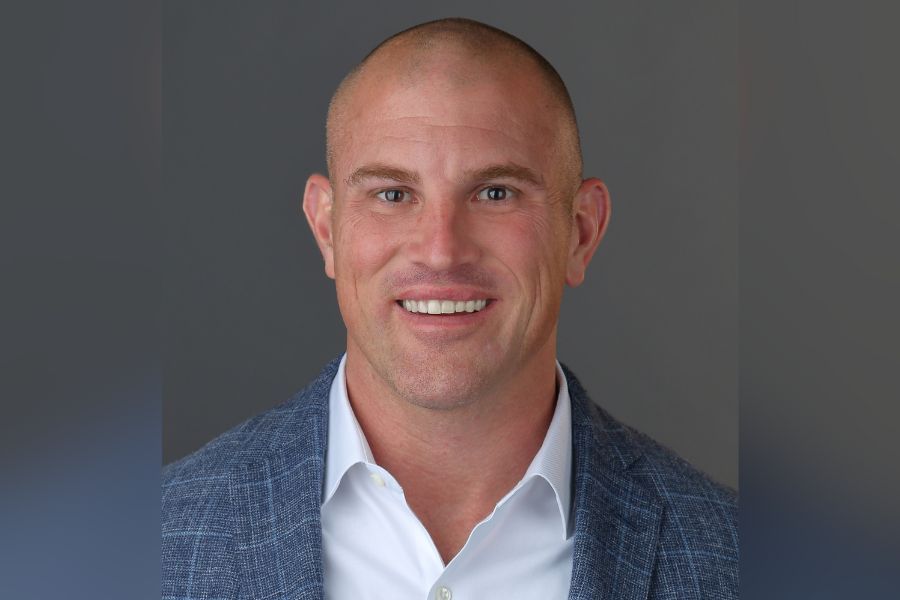SEC investor advocate calls on Congress to fund more exams
Urges members of Congress to support charging user fees to advisers for exams
In his first report to Congress on Monday, Securities and Exchange Commission Investor Advocate Rick Fleming called on lawmakers to increase the agency’s funding so it can examine more investment advisers.
Citing SEC statistics, Mr. Fleming pointed out that the agency currently examines annually about 9% of the approximately 11,500 registered investment advisers.
“While most advisers observe the highest standards of integrity, it is difficult for the commission to detect less ethical behaviors when the commission examines only 9% of its registrants each year,” Mr. Fleming wrote. “As you read this, it is quite possible — even likely — that investors somewhere in this country are being defrauded by an unscrupulous investment adviser whose crimes have not yet come to light.”
The SEC should receive its full budget request from Congress, Mr. Fleming said. The agency is seeking $1.7 billion for fiscal 2015, an approximately $350 million increase from its current funding level. It has said it would use part of that money to hire 316 additional examiners for the Office of Compliance Inspections and Examinations. Of the new hires, about 240 would be for investment advisers.
The OCIE has 914 examiners, according to Mr. Fleming, an approximately 10% increase from the 825 on its staff in fiscal 2004.
Currently, the SEC examines advisers about once every 11 years. Mr. Fleming said that rate should be increased to once every three years, examining 33% annually.
“A more frequent examination cycle would allow SEC staff to identify intentional and unintentional violations sooner, which would minimize harm to investors,” Mr. Fleming wrote. “In addition, greater regulatory presence would act as a deterrent to future fraudulent and abusive conduct.”
Mr. Fleming’s entreaty is likely to meet the same resistance as SEC Chairman Mary Jo White’s arguments for a higher SEC budget.
Last week, the Republican-led House Appropriations Committee approved only a $50 million increase in SEC funding, asserting that the SEC’s budget has risen steadily over the last decade and that it must improve its operations to get a significant boost in funding.
“Throwing more money at the SEC is not the answer,” said Rep. Ander Crenshaw, R-Fla. and chairman of the House Appropriations subcommittee with jurisdiction over the SEC. “The organization needs to get back on track before we send them hundreds of millions [of dollars] more. The SEC is not starved for resources. You can’t buy a better regulator.”
The Democratic-majority Senate Appropriations Committee appears to be headed to give the SEC its full budget request. But the final SEC appropriation over the last several years has been aligned with the more parsimonious House funding level.
In addition to providing a bigger SEC budget, Mr. Fleming urged members of Congress to approve legislation that would authorize the agency to charge user fees to advisers for exams.
“This would provide a consistent, scalable source of revenue to protect investors with an adequate level of investment adviser examinations,” Mr. Fleming wrote.
A bill to accomplish such, introduced by Rep. Maxine Waters, D-Calif., ranking member of the House Financial Services Committee, has no momentum in the House. Companion Senate legislation has not been introduced.
Mr. Fleming noted that both the SEC Investor Advisory Committee, which his office oversees, and investment-adviser interest groups back the user-fee legislation.
“[T]his issue presents a rare convergence of interests, where both the regulator and the regulated generally agree on the problem and the solution,” Mr. Fleming wrote.
Mr. Fleming, a former Kansas securities regulator, is the SEC’s first investor advocate. The position was created by the Dodd-Frank financial reform law. He took office in February.
Other priorities he outlined for the next fiscal year include “equity market structure, investor flight [from financial markets], municipal market reform, cybersecurity, effective disclosure and elder abuse.”
Learn more about reprints and licensing for this article.








